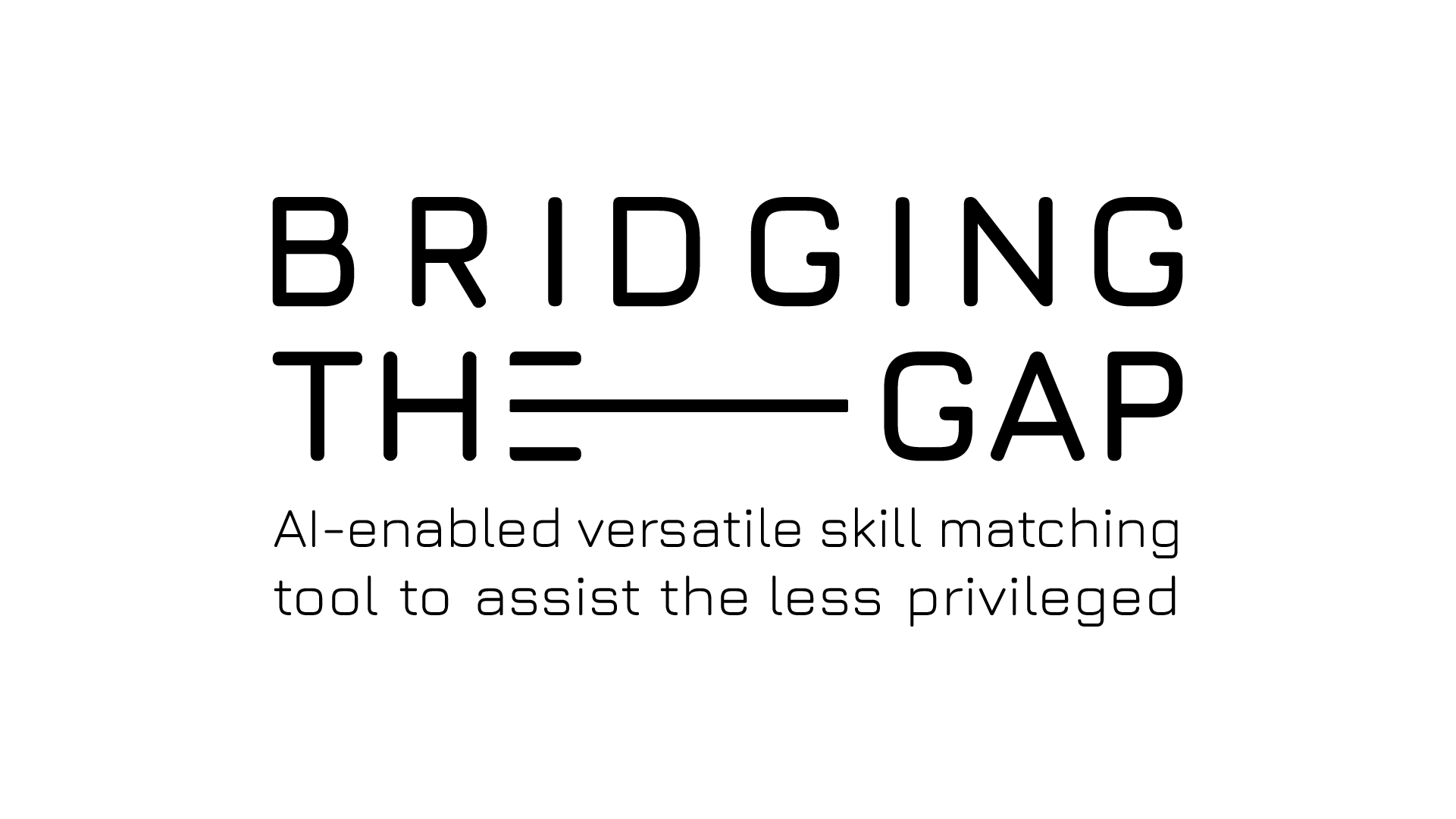Our primary project objective is enhancing already mature and available standards in the areas of the job market and education with Semantic Web technologies (e.g. Open liked data). Moreover, it will provide prototype tools for annotating the resources to be matched – i.e. CVs, Job Descriptions/Vacancies (JVs), and Units of Learning (UoLs). This part of the project will fulfil the objective of delivering a flexible, intelligent, (semi)automatic and configurable matching engine of CVs – JVs – UoLs. In our point of view, such matching of CVs – JVs – UoLs typically imposes the key challenge of having software systems talking to each other in a common vocabulary, supported by semantics that is understood from both sides. Following this part, the aforementioned tools will be combined with agent-based services that will provide the second innovative part of the contribution of the project. This module, using Artificial Intelligence (IAs in particular) will promote individual personal development as if he/she had a mentor who deals exclusively with him and his skill (and social) development. Hence, we do not propose and expect a common general purpose solution, but a personalised AI-enabled assistant solution that cares, not only for the skilled persons that can find a proper job, but also for the less privileged that have to deal with poor skills, social exclusion and low self-esteem. This module will also enable automated negation among participants in order to motivate employers accept less privileged employees while the second will be encouraged to take advantage of educational and other opportunities. Among others, at this point, education, social and economic aspects will be taken into account.
Towards the technological impact of the proposed project, it is expected that a repository for annotated CVs and Jobs will be established and that those repositories will be publicly accessible, or accessible to interested stakeholders, as a result of the proposed project. Furthermore, agent technology will be assigned, for the first time, to a holistic skill matching and building personalised procedure. An AI is a computer program which works toward goals (as opposed to discrete tasks) in a dynamic environment where change is the norm without continuous direct supervision or control. Actually, agent technology is a methodology to implement an autonomous decentralised system with cooperative interactions among agents that model each element of the system. An intelligent agent has problem solving and learning skills, as well as the knowledge for that purpose. In our proposal, each participant and stakeholder will be represented by one or more intelligent agents to the system that will be able to access and use all data and tools developed to the first part of the project. These agents, comprising a multi-agent system, will be able to communicate and negotiate, promoting the needs of the users assigned to them.
Regarding the economy, our project aims at scaffolding bridging this identified gap and offering an economical, yet a realizable solution for our stakeholders that are, for example, citizens, companies, educational organisations. However, there is evidence that factors other than skill deficits are mostly responsible for rising unemployment coexisting with difficult-to-fill job vacancies. With imperfect job markets, it is inevitable that all economies have some imbalance between the supply of and demand for different skills. At this point, we claim that we can alleviate this imbalance by introducing an intelligent recommendation and forecast engine for courses to cover the skills required by the job market.

